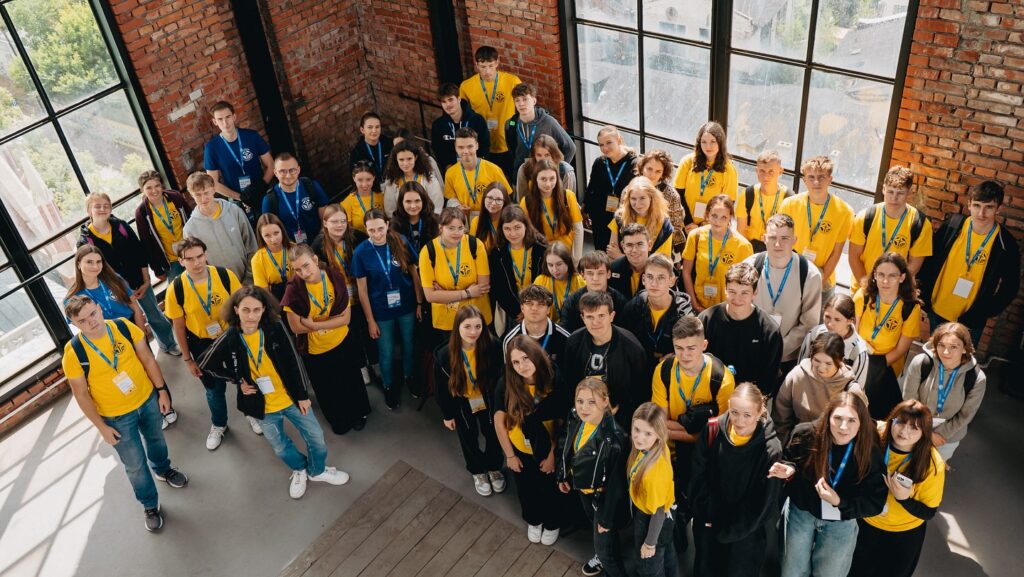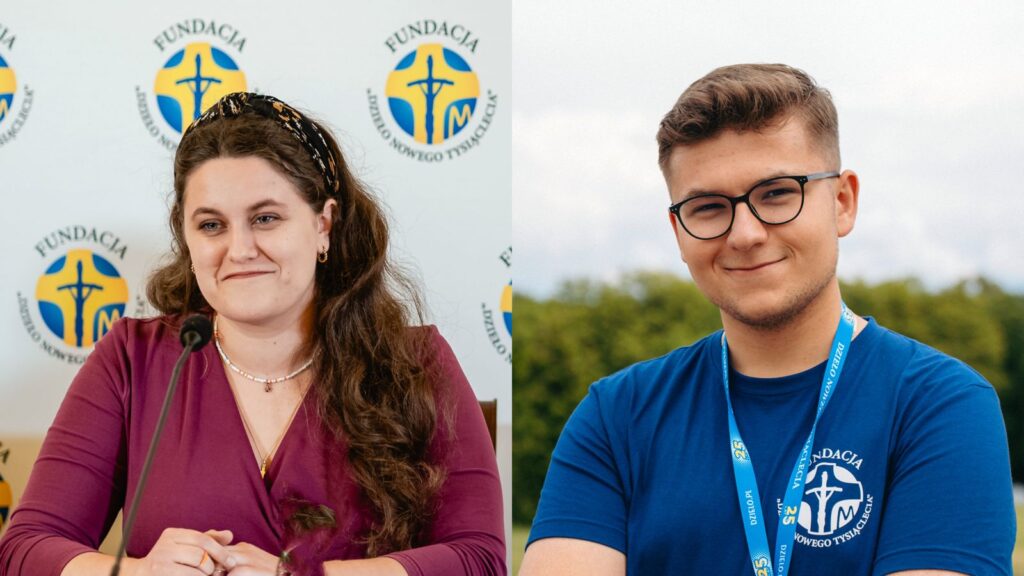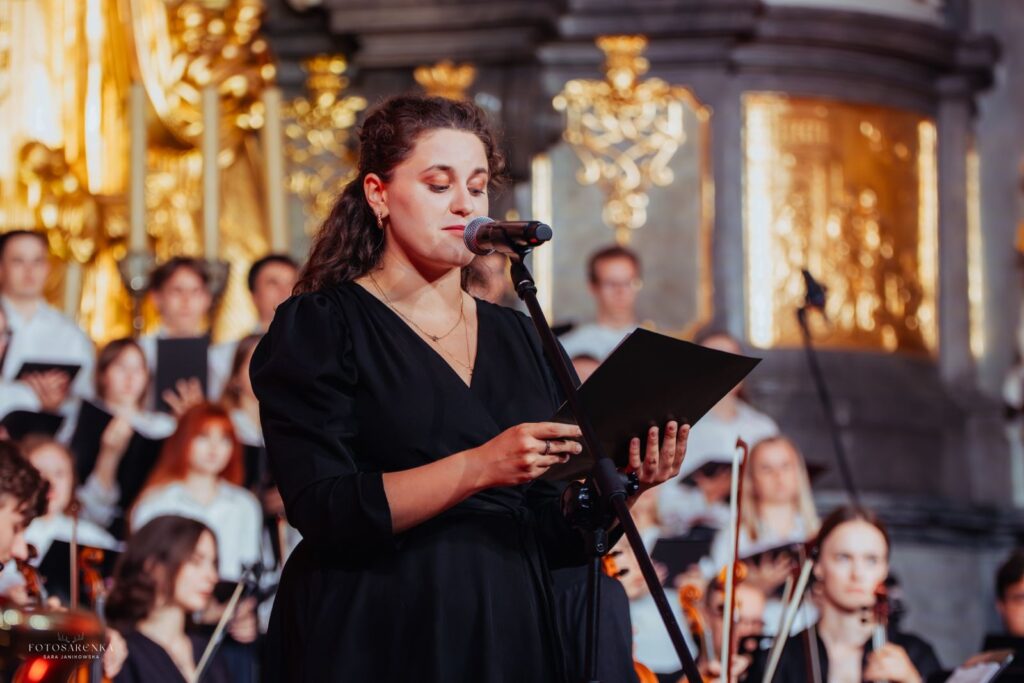They are in their twenties. They never met Saint John Paul II and have no personal memories of his papacy. And yet, they call him their patron, their guide, and the source of their inspiration. As the Foundation “Work of the New Millennium” (Fundacja Dzieło Nowego Tysiąclecia, FDNT) marks its 25th anniversary, young scholarship holders reflect on how financial support combined with spiritual formation has shaped their lives — and why they see themselves as part of a “living monument” to the late Pope.
A Road Beginning in Small Towns
The Foundation was established in 2000 in response to a heartfelt appeal from John Paul II, who once said that “the cry and the call of the poor demand a concrete and generous answer.” Since then, FDNT has supported thousands of talented young people from economically disadvantaged backgrounds, enabling them to pursue education, develop their skills, and follow their ambitions.
Over the past quarter of a century, the Foundation has awarded scholarships to around 10,000 students, investing the equivalent of more than €55 million (approximately 250 million Polish zlotys). Its mission combines academic opportunity with a strong emphasis on values, community, and service.
One of today’s beneficiaries is Kacper Kowalczyk, a law student at the University of Warsaw, who joined the program while still in primary school in the Diocese of Siedlce, eastern Poland.
“I applied, I got accepted, and for more than five years now I’ve been part of this foundation family — first through high school, and now during my law studies,” he told Family News Service.
John Paul II — Close and Present
For most current scholarship recipients, John Paul II is a historical figure rather than a living memory. The Polish Pope, who served from 1978 to 2005, passed away nearly two decades ago.
“I was born a month after his death,” says Kowalczyk. “But thanks to the Foundation I get to know his teaching. It pushes me to make the right decisions in life and to bear witness.”
Discovering the Pope’s legacy has become a compass for many of these young adults. Kowalczyk says that learning about John Paul II’s thought helps him navigate a complex world and make choices grounded in moral clarity.
John Paul II was extraordinary. He understood the young and knew how to guide them.”
Art, Formation, and the “Living Monument”
The Foundation’s work extends far beyond financial support. It fosters a strong sense of community and offers regular formation meetings in academic cities across Poland, where students gather to reflect on values, leadership, and Catholic social teaching.
Anna Mielecka, a student of solo singing and acting at the Fryderyk Chopin University of Music in Warsaw, recalls how the scholarship opened doors that would otherwise have remained closed.
“Coming from a small town near Warsaw, I had no access to a music school. The scholarship allowed me to commute to the capital, to pursue both artistic and academic goals without constant anxiety. I could also attend masterclasses, meet professors, and connect with peers who share the same path,” she explains.
For her, the most transformative element has been the community and the spiritual formation offered by the Foundation.
“We also have regular community meetings in university cities. We grow together, study John Paul II’s teaching, and reflect on how to apply it. Sometimes I even forget about the scholarship itself, because this formative side is just as important. That phrase, ‘a living monument to John Paul II,’ may sound lofty — but for me it’s a goal. I try every day to live up to it.”
Like many of her peers, Mielecka never experienced John Paul II’s pontificate directly. Yet through the Foundation, she has come to feel a personal bond with him.
“Through formation, through learning his teachings, through hearing stories and meeting people who knew him, he becomes close to us. And I think that’s an enormous gift.”
Responsibility for the Future
What unites these young recipients is not only gratitude, but also a sense of responsibility — a desire to give back and to shape a better future for their communities. The Foundation’s ethos encourages them to see education not as a private privilege, but as a tool for service.
“Whatever career I end up choosing, I want it to have a positive impact on the community I live in,” says Kowalczyk.
In a Poland that is now part of the European Union and shaped by global cultural currents, these young people are rediscovering the legacy of John Paul II — not as a nostalgic symbol, but as a challenge to live with integrity, courage, and openness to others.
For them, the “living monument” is not made of marble or bronze. It is built every day, in classrooms and rehearsal halls, in small towns and big cities, through study, service, and solidarity. And though they never knew him in person, they continue to walk a path he helped to light.

Scholarship holders, photo: The Foundation “Work of the New Millennium”

Anna i Kacper – scholarship holders, photo: The Foundation “Work of the New Millennium”

Anna Mielecka, photo: The Foundation “Work of the New Millennium”
Family News Service